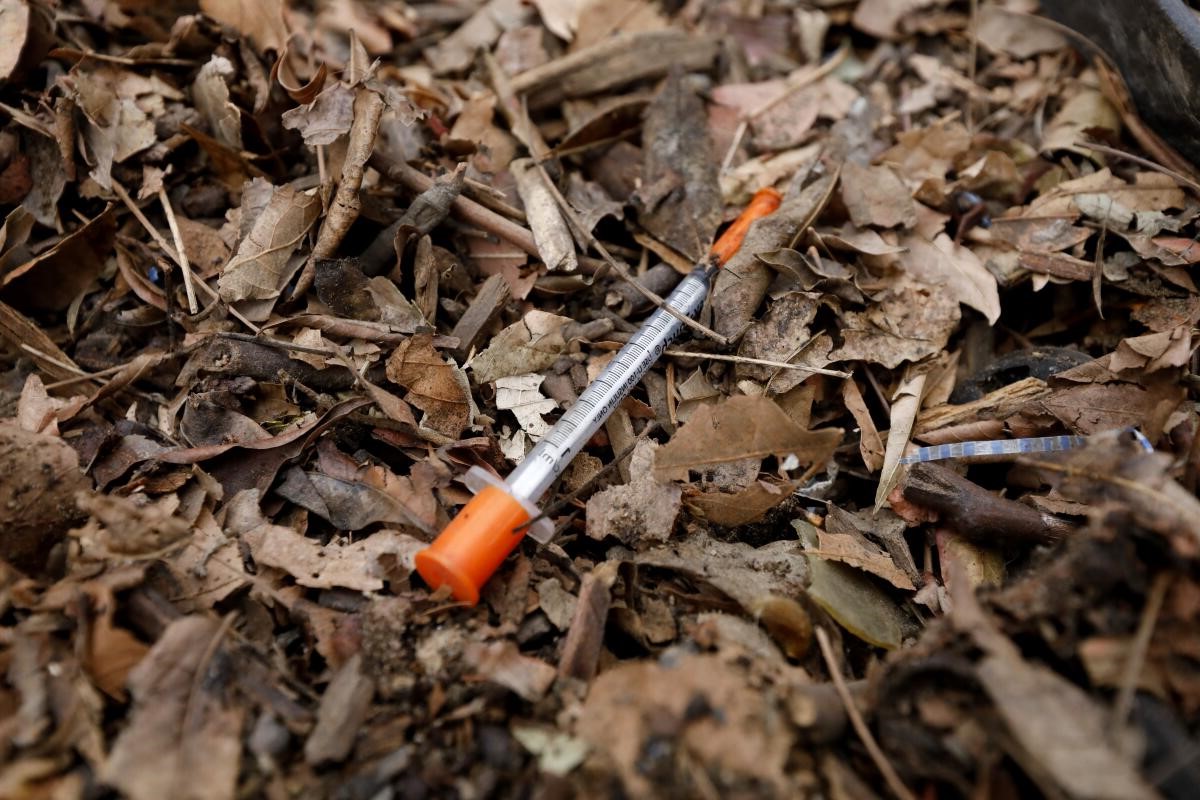
Needle exchange programs often spark debate. Some see them as enabling drug use, while others argue they save lives. Do needle exchange programs work? Yes, they do. These programs provide clean needles to drug users, reducing the spread of diseases like HIV and hepatitis. They also offer a bridge to addiction treatment and other health services. Studies show that areas with needle exchange programs see fewer new infections and lower healthcare costs. Critics worry about encouraging drug use, but evidence suggests these programs do not increase drug consumption. Instead, they promote safer practices and connect users with support systems.
What Are Needle Exchange Programs?
Needle exchange programs (NEPs) provide clean needles to people who inject drugs. These programs aim to reduce the spread of infectious diseases like HIV and hepatitis. Let's dive into some facts about their effectiveness.
Reducing Disease Transmission
NEPs are known for their role in curbing the spread of diseases. Here are some key points:
- HIV Reduction: Studies show that NEPs can reduce HIV transmission by up to 33%.
- Hepatitis C: Participants in NEPs are less likely to contract hepatitis C compared to non-participants.
- Safe Disposal: NEPs often include safe disposal options for used needles, reducing the risk of needle-stick injuries in the community.
Impact on Drug Use
Some people worry that NEPs might encourage drug use. However, research tells a different story.
- No Increase in Drug Use: Evidence suggests that NEPs do not lead to an increase in drug use among participants.
- Access to Treatment: NEPs often serve as a bridge to addiction treatment services, helping users find the support they need.
- Behavioral Changes: Participants in NEPs are more likely to adopt safer injection practices, reducing overall harm.
Community and Economic Benefits
NEPs offer advantages beyond individual health. They also benefit communities and economies.
- Cost-Effective: NEPs save money by preventing costly medical treatments for diseases like HIV and hepatitis.
- Crime Reduction: Areas with NEPs often see a reduction in drug-related crime, as users have access to clean needles without resorting to illegal means.
- Public Safety: By providing safe disposal options, NEPs reduce the number of discarded needles in public spaces, making communities safer.
Addressing Stigma and Misconceptions
Despite their benefits, NEPs face stigma and misconceptions. Understanding the facts can help change perceptions.
- Not Just for Drug Users: NEPs also serve people with medical conditions requiring injectable medications, ensuring they have access to clean needles.
- Community Support: Many NEPs involve community members in their operations, fostering a sense of shared responsibility and support.
- Education and Outreach: NEPs often provide education on safe injection practices, overdose prevention, and other health topics, benefiting the broader community.
NEPs play a crucial role in public health by reducing disease transmission, supporting safer drug use, and offering economic and community benefits. Understanding these facts can help dispel myths and highlight the importance of these programs.
Final Thoughts on Needle Exchange Programs
Needle exchange programs save lives. They reduce the spread of HIV and hepatitis C, providing clean needles to those who need them. These programs also connect users with healthcare services and counseling, helping them take steps toward recovery. Critics argue they encourage drug use, but evidence shows the opposite. People using these services are more likely to seek treatment. Communities with needle exchanges see fewer discarded needles, making public spaces safer. Funding and support for these programs remain crucial. Without them, the risks of disease and overdose increase. Public health benefits far outweigh any perceived negatives. Needle exchange programs are a practical, compassionate response to a complex issue. They offer hope and health to those struggling with addiction. Supporting these initiatives means supporting a healthier, safer community for everyone.
Was this page helpful?
Our commitment to delivering trustworthy and engaging content is at the heart of what we do. Each fact on our site is contributed by real users like you, bringing a wealth of diverse insights and information. To ensure the highest standards of accuracy and reliability, our dedicated editors meticulously review each submission. This process guarantees that the facts we share are not only fascinating but also credible. Trust in our commitment to quality and authenticity as you explore and learn with us.


